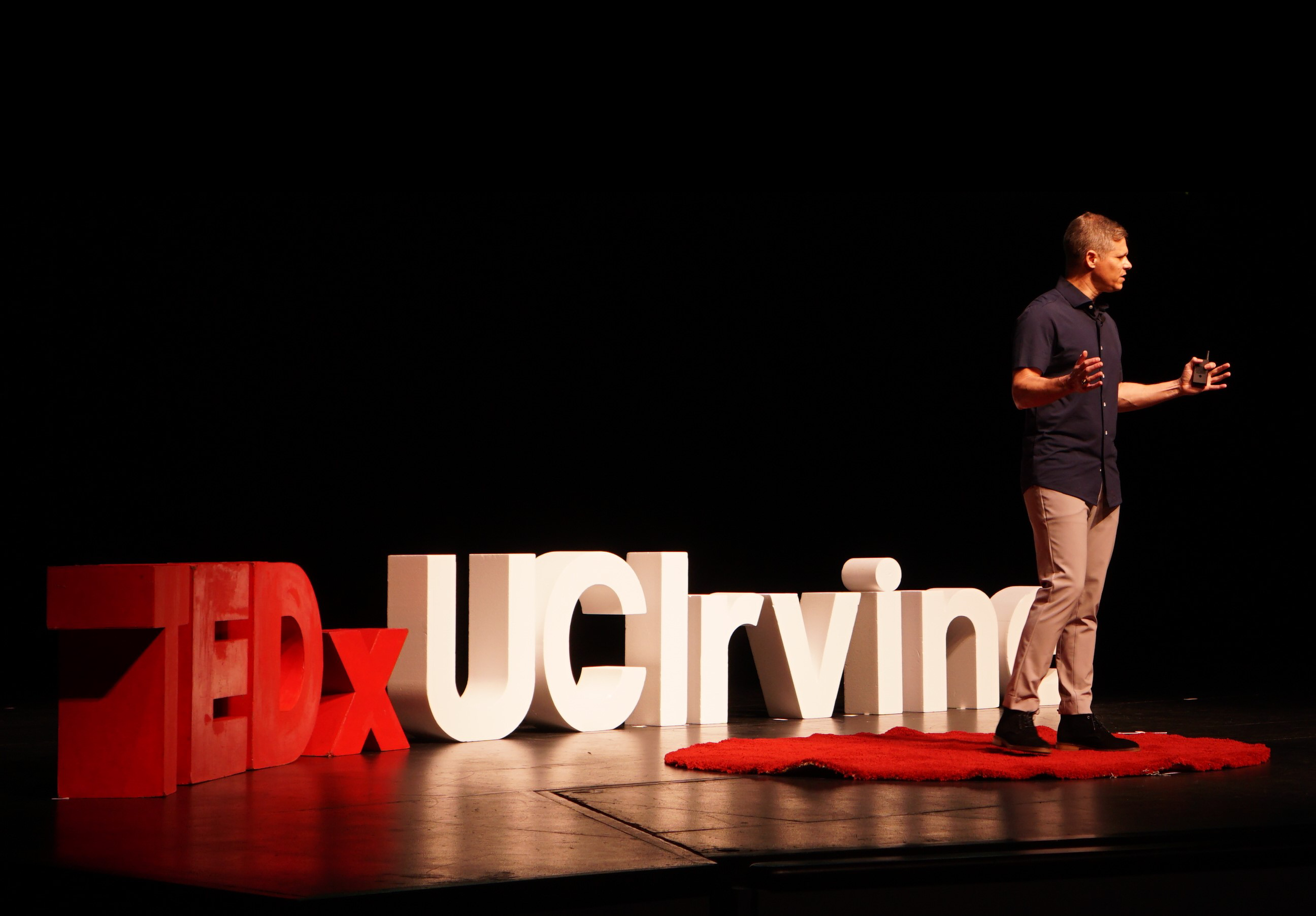
Stories about Research
Discoveries that are housed in the structure of storytelling live on
All other discoveries don’t
In his book Narrative is Everything, Randy Olson argues that if cultures retain knowledge through stories, then scientists cannot just report their work to the public. They too must use storytelling, to reveal the connections between their discoveries and the world outside of science.
Here are my laboratory’s most important stories about research:
Why Do Mental Health Studies Produce Discrepant Results?
In mental health, 70 years of studies teach us that even when two instruments measure the exact same thing—like symptoms of anxiety or signs that someone may need help with their social skills—they produce discrepant results. Scientists have failed to explain why even the most well-established of their instruments produce these discrepant results.
Here’s the thing: Scientists build mental health instruments as carefully as scientists in any other field. In fact, approaches to measuring mental health trace back to physics! My laboratory developed ways to not only make sense of these discrepant results, but also use them to learn what makes our mental health “tick,” detect the “active ingredients” to design effective therapies, and identify which therapies help us live our best lives!
What Role Do Discrepant Results Play in the Delivery of Mental Health Services?
As with any scientific assessment, clinical assessments commonly produce discrepant results. In fact, scientists and therapists often use very similar instruments, like surveys, interviews, and direct observations of how clients think, feel, and behave “in the moment.”
Discrepant results produced in therapy settings may also contain valuable data. My laboratory developed pioneering theories and conducted seminal studies to explain discrepant results in therapy settings, describe how they impact the outcomes of mental health services, and inspire the next generation of research on discrepant results in therapy.
How Should Researchers Integrate Mental Health Data?
The first two stories told on this page share something in common. I was the member of my laboratory who did much of the storytelling. But here’s the great thing about laboratories: They contain many storytellers. My students tell some damn good stories!
Their best story reveals a secret about integrating mental health data: It requires picking instruments that are supposed to disagree with one another. With the right instruments, researchers can apply statistics that pull valid data out of discrepant results, and pull valid data from those rare times that instruments produce the same results! In fact, my students have taught researchers what the scores produced by these statistics mean, and developed ways to assess their performance!